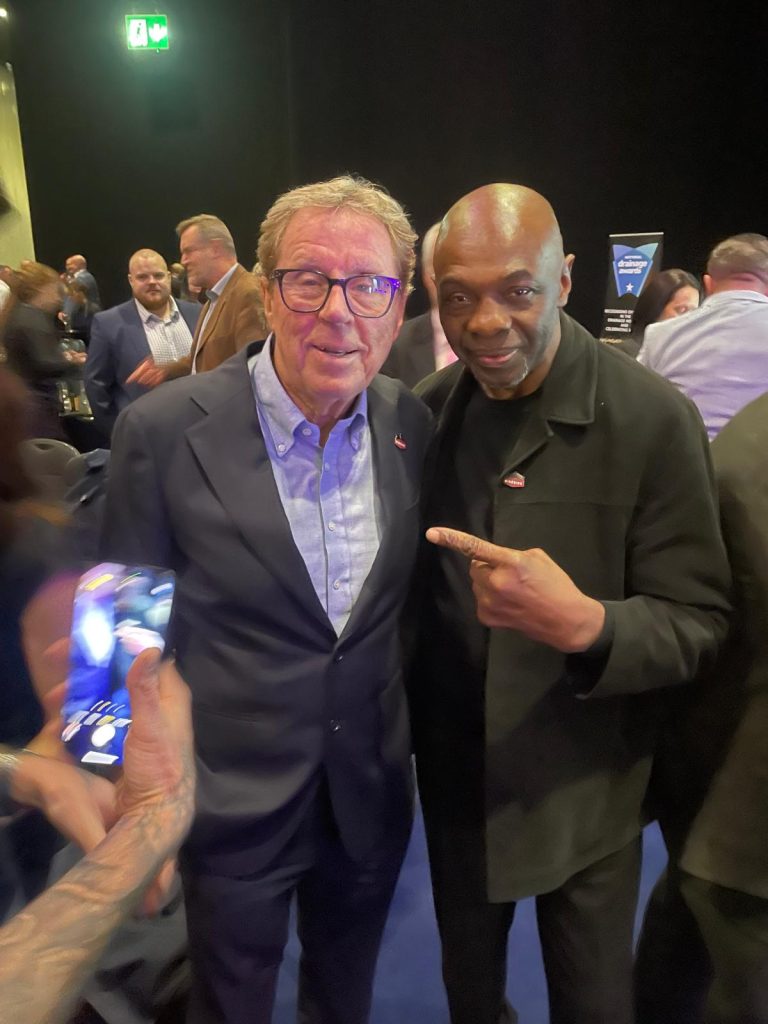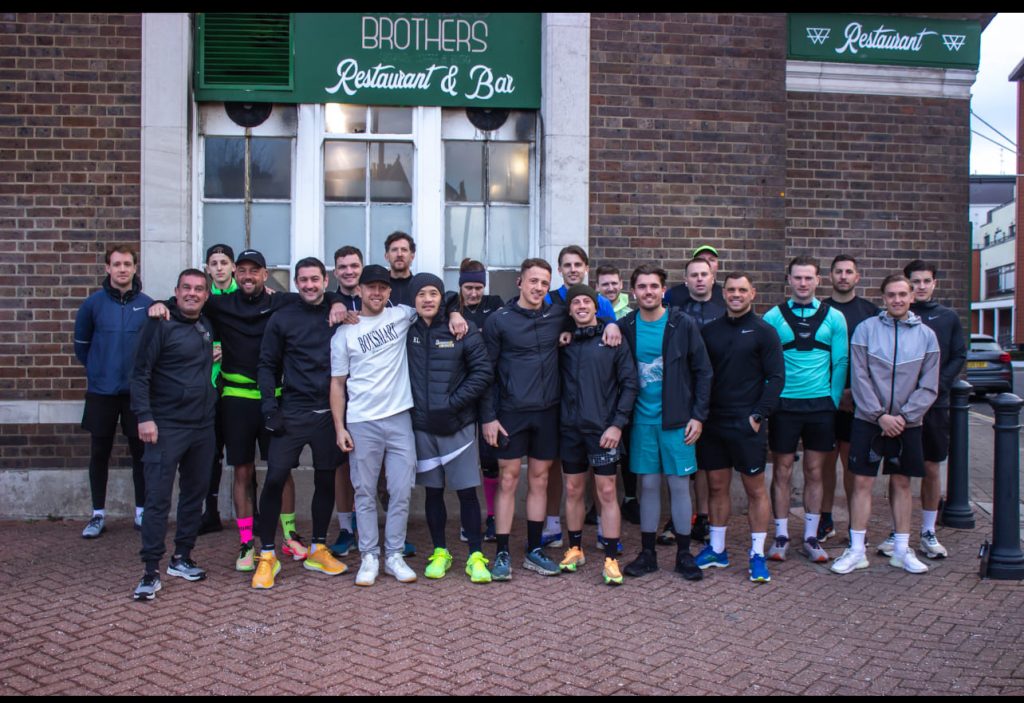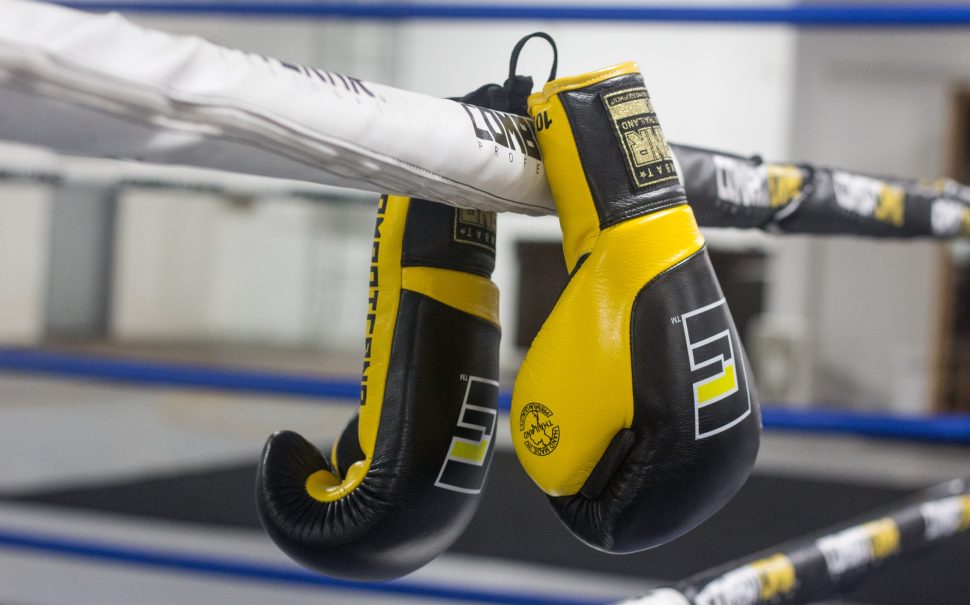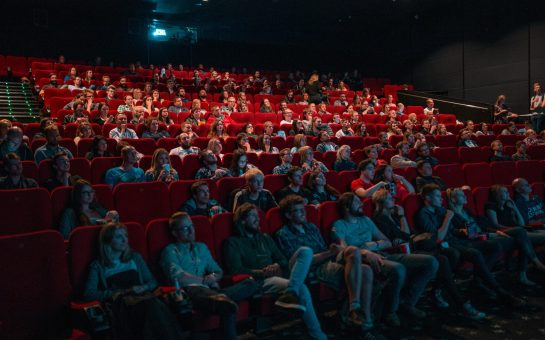The general secretary of the British Boxing Board of Control (BBBofC) has denied claims it can do more to help boxers after retirement.
There has been calls from former professional boxers on the BBBofC to provide more financial support to boxers who fall on hard times, whether that be from injury, addiction or mental health.
The BBBofC is the governing body of professional boxing in the UK, with its main responsibilities including sanctioning bouts, giving out licences and handing out fines.
Former two-time British light-middleweight champion Ted Cheeseman, 30, said: “They should have a support network for boxers who are licensed to them.
“They’re happy to take the licence fees off everyone, but I don’t think they really care.”
A light has, again, been shone on boxing following the tragic death of boxing legend Ricky Hatton, and has highlighted the hard road many boxers face when they decide to hang up the gloves.
Ricky Hatton was the former light welterweight and welterweight world champion who tragically took his own life in September.
Robert W. Smith, general secretary of the BBBofC, said that while it is easy to criticise the organisation, more in boxing needs to change to help move the sport forward when it comes to providing support for boxers in need.
Robert W. Smith said: “Don’t forget, this is not just boxing. This happens in all of society.
“But we need to be informed of issues in order to help.
“With Ricky, the last time I saw him which was a month before his death, he was in an exceptionally good place.

Former heavyweight British, Commonwealth and European champion Derek ‘Sweet D’ Williams, 60, and chairman of the Pedro Club, one of the oldest youth clubs in London, highlighted the tough time faced by boxers when they retire.
Williams said: “I’m trustee at the Ringside Charity Trust, which is building a care home for boxers who have fallen on hard times.
“Boxing isn’t a transferable skill, so for a lot of people it doesn’t work out.”
But the governing body of British boxing, which collects licence fees on approximately 2500 boxers, costing £184 each per year, has been criticised for the use of this money and there have been calls for it to do more to support members.
Former British boxing champ Cheeseman said: “They also fine boxers for missing weigh-ins. But where does this money go?
“You’ve got very bad cases like Charlie Wynn but no help from the board to aid his recovery – why aren’t they using that money for that?”
Charlie Wynn was a former boxer who suffered a bleed on the brain during sparring in preparation for his third professional fight.
The Wynn Trust is a charitable organisation set up in his name to aid and support boxers who have suffered from brain injuries in Bromley, South London.

The British Boxing Board of Control were not involved in the creation of the charity.
Responding to the criticisms on the use of licence fees, Robert Smith said: “With that money, the boxers are looked after the best we can.
“Fines go into the board’s charity, which deals with ex-boxers and ex-license holders who have fallen on hard times.
“So if people want to ring me up and ask where this money goes I’m very happy to discuss that.”
Responding to the case of Charlie Wynn, Smith said: “The charity we have does give money out each year to ex-boxers who are injured, and with Charlie he was assisted in the best way we could, and then it just went very quiet.
“We don’t have the facilities to keep in contact regularly, and Charlie was quite a long time ago and they’re no longer a licence holder, but if they wish to contact us, we’re happy to talk.”
Smith detailed how the BBBofC is a nonprofit organisation, with ‘everything’ going back into the sport.
The money collected by the board is in the charity which is a separate organisation and that fund gives donations during the course of the year, according to Smith.
Smith said: “We’ve been criticised recently with regard to it not being transparent, but it’s all in the regulations.”
The general secretary promoted the idea of a union among boxers to attempt to settle some of the questions thrown at them, suggesting that the BBBofC would be happy for a union to be set up.
Smith said: “In the 1940s they tried to set up a union, in the 1980s and 90s Barry McGuigan, Nicky Piper and Mickey Cantwell tried it again but the boxers didn’t want it.
“It didn’t work out because it needed to be funded by the boxers themselves and they didn’t want to put the money in.”
Former heavyweight champion Sweet D Williams said: “The boxing board of control do have things in place for fighters who have fallen on hard times or injuries, like Nick Blackwell, but I don’t think they do enough as people would like.
“But we’d be happy to meet with the board of control and discuss this.”
Nick Blackwell was a former professional boxer who was forced to retire following a brain injury sustained during his bout with Chris Eubank Jr in March 2016.
Smith said: “I think sometimes people just expect to be given something, and really they should be looking for it themselves.
“I didn’t walk straight into the boxing board of control when my boxing career finished after injury; I had a job, I had to work, and unfortunately that’s what life is all about.”
But former British light-middleweight champion Cheeseman said this isn’t the argument, he was able to start a building company after retiring and views his life as ’10 rounds better’ without expecting any help.
However, Cheeseman also deemed the current structure of assistance given by the governing body as inadequate and in need of change.
Featured image credit: Danielaarceo123 on Wikimedia commons





Join the discussion